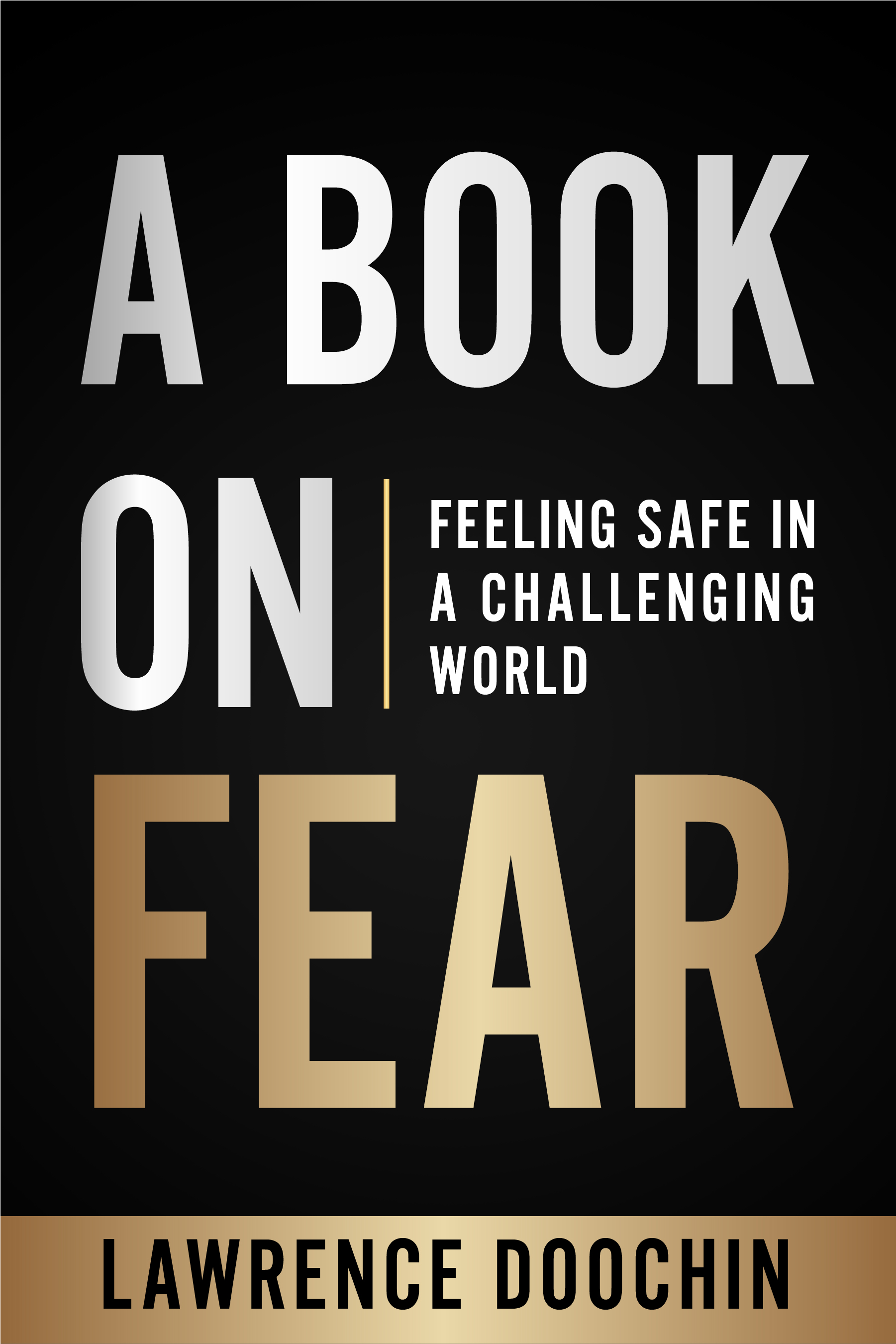“The only thing we have to fear is fear itself.” —President Franklin Delano Roosevelt
The first step in correcting anything is identifying the source. For instance, if we have water pooling in our house, we have to find the source of the leak. The same process applies to fear. Once we determine where it is coming from, we can find a solution.
The issue with fear is that it often masks itself really well. Some people don’t realize they are in fear and just feel a general uneasiness. For others of us, we know it’s fear, but even in these cases, we often identify fear with something outside of us. This can take many forms such as fear over losing our job, not having enough money, getting older, and losing our health in general or through exposure to a pandemic. It can include fear over failed relationships or not finding a significant other, not keeping up with the neighbors, or something like being bombed by another country. As we will discuss more extensively in a later chapter, our fears are almost always tied to something in the future and based on a random and often illogical assumption that a certain scenario or event could happen.
What we often miss is the fear that comes up from our subconscious and is created by our belief system, and these types of fears are interlinked with and underpin the more obvious outer ones above. Some of these fears can include fear of the unknown, not being in control, not being lovable, not being good enough, and not living up to other’s or our own expectations. Many of us hold a subconscious fear of being judged or ridiculed — we have a fear of what others might think about us. There is also a powerful fear of a higher power and what will happen when death comes. Additionally, many collective and family fears are likely inherited from our ancestors. For instance, studies of descendants of Holocaust and Civil War survivors have pointed to intergenerational trauma being passed down through the DNA.
Some fears are unique to us, while others are held by a large majority. Collective fear is what we experience together as part of one humanity, like the fear of dying. The coronavirus crisis has brought fear of the unknown to the forefront for all of us because we don’t know what the future will look like.
As opposed to love and gratitude, fear is divisive and contracting, and there are often other negative beliefs around it such as jealousy, resentment, bitterness, self-pity, anger, and pride. Fear makes us not trust our fellow human beings or any kind of higher power.
When we are in fear, we try to control people and situations. Fear causes people to act in ways that are completely counter to their true nature such as misuse of power, overaccumulation of wealth and resources, subjugation of Mother Nature, being a rude and non-empathetic person, and traits such as impatience. This is why we have the world you see today.
There is nothing wrong with us when we have fear. It’s something that virtually everyone in a human body has to face. Sometimes fear is good. It warns us not to do something that could endanger us, like walking fast on ice, jumping off a bridge into a river on a dare, or taking a hallucinogenic drug. But most of the time the fear is coming up as a pointer to tell us what’s false within us that needs addressing.
As the FDR quote hints at, most of us live in fear of our fear. It is our running from and stuffing and being scared of the fear that is the problem. Anything in us that we try to ignore or push away only becomes stronger as we have an innate drive to return to a recognition that we are whole and complete. Our fear is just knocking at our inner door to get our attention, just as a friend would knock on our door if he saw that our house were ablaze.
All fear stems from attaching our identity to something false. This is why we can’t get rid of the fear by changing the outer circumstances. Thus, we don’t alleviate fear through the same mechanism that created it. For instance, if we are in a company that has had major layoffs and we fear that this will happen to us, we can take another job, but this only appears to alleviate our fear. The same thing can happen in the new company.
A Japanese proverb states, “Fear is only as deep as the mind allows.” We can only address and release the fear at the level at which it’s being created, which is in the subconscious and our belief system. Fortunately, our beliefs are malleable. Unfortunately, many of us in great fear hold on to our beliefs as if we would experience a thousand small deaths if we let them evolve — which at some level we would. However, this is how we grow and what we are being offered an opportunity to do during this powerful time.
Since fear is a belief, our next few chapters explore how both our individual and collective belief systems were created. Once we understand why we do the things we do and react as we do, we can choose to change our beliefs to better reflect who we are and who we want to be. Then we can release fear for good.
Main Takeaway: Fear is a belief, and like all beliefs, it can be changed.
What do you fear the most? What belief did that fear spring from?

Follow us here and subscribe here for all the latest news on how you can keep Thriving.
Stay up to date or catch-up on all our podcasts with Arianna Huffington here.


